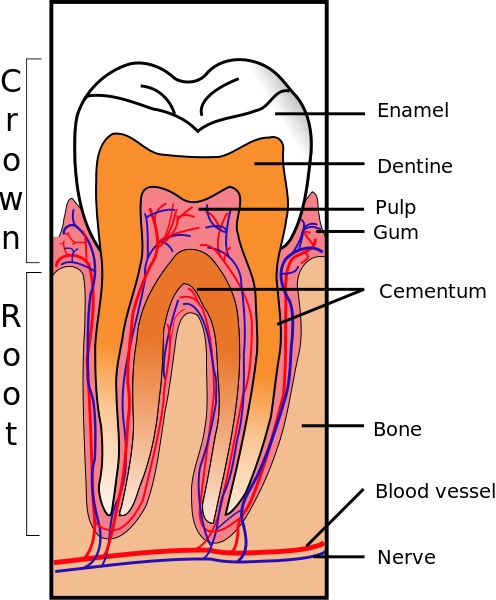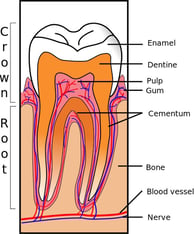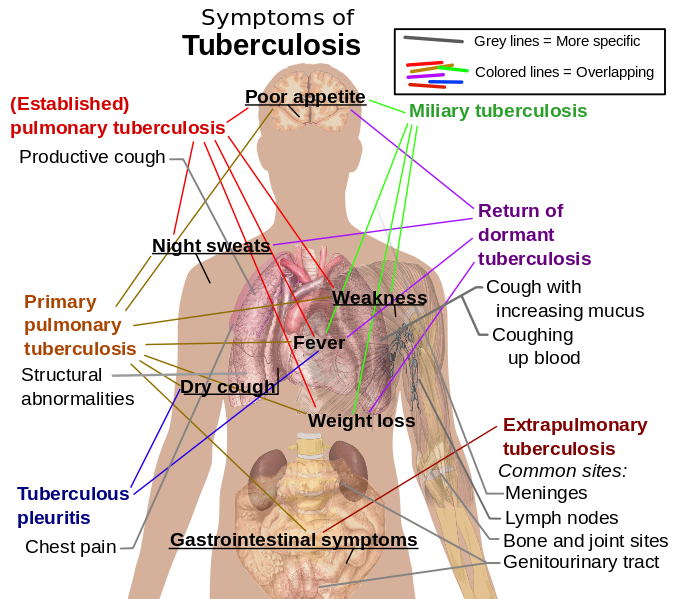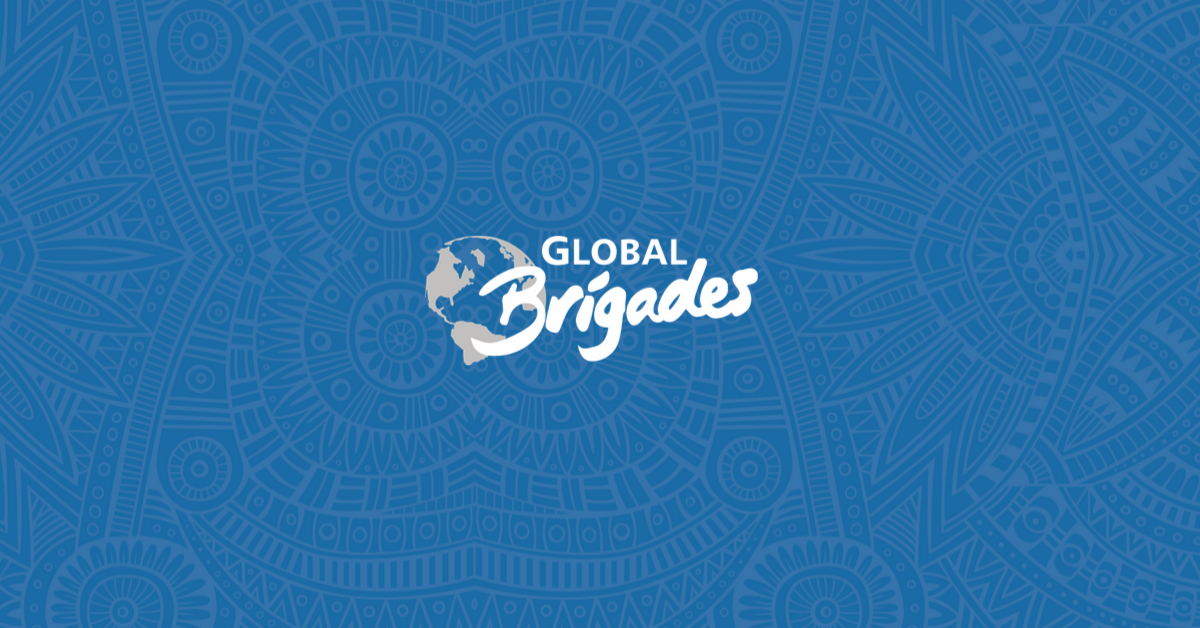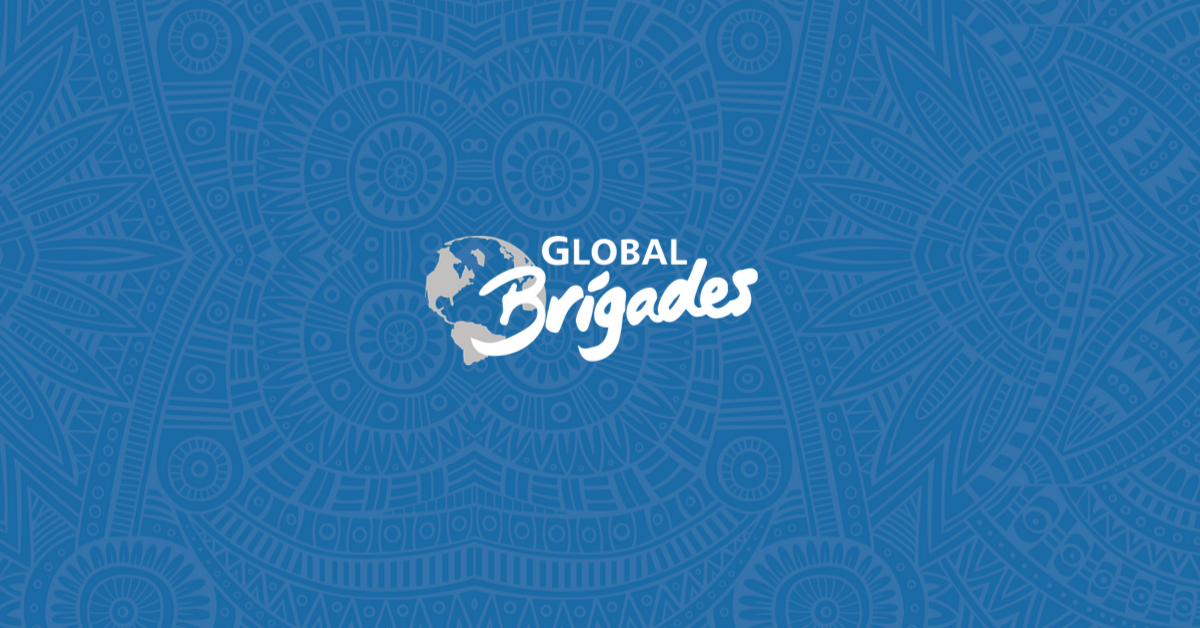The following blog post was written by guest blogger Claire Seigworth. Claire graduated with a B.A. in International Relations and a minor in Spanish Literature from Marquette University. She has traveled to many Latin American countries, studied in Santiago, Chile and worked in Panama for Global Brigades.
In developing countries, oral health is often a low ranking priority even though it is one of the world’s most widespread health problems. Dental caries (cavities) and periodontal disease are the two most common oral health problems globally and are also easily preventable. While many oral health issues are easily preventable, treatment for these diseases, such as extractions and surgery are costly for developing countries. In fact, oral diseases in the developed world are the fourth most expensive diseases to treat.[1]
Besides common diseases such as gingivitis, caries, and periodontal disease, people in the developing world often suffer oral diseases as a result from other diseases that occur most often in developing countries. Noma is a debilitating disease where ulcers form in the mouth and left untreated, leads to gangrene and loss of facial tissue, resulting in death in 70 to 90 percent of cases.[2] As it is caused by malnutrition, it can be easily treated by antibiotics and improvement of nutrition, but as it mainly occurs in remote rural areas, it is deadly.[3] HIV/AIDS also presents signs of dental disease, often as gingivitis, lesions, and fungal infections.[4] Lastly, oral cancers are increasingly becoming a problem in developing countries from tobacco and alcohol use. Clearly any oral health strategies need to include a holistic approach that includes nutrition, HIV/AIDS treatment, as well as educative and preventative measures.
Like with many disease burdens, the greatest toll lies on the poorest and most disadvantaged people. According to the World Health Organization, they suggest that any plan to address oral health include health improvements in all areas and for the whole population, with a special focus on the most vulnerable people to address the inequities in health care service distributions.[5] As oral health increases its profile as a health necessity, many corporations that make dental products are contributing to improving oral health globally. Unilever, for example, is partnering with local and international organizations to promote dental health and conduct research.[6] As sustainability and social corporate responsibility become a bigger priority for corporations and corporate collaboration with health agencies increases, one hopes to see marked progress in oral health in the years to come.

